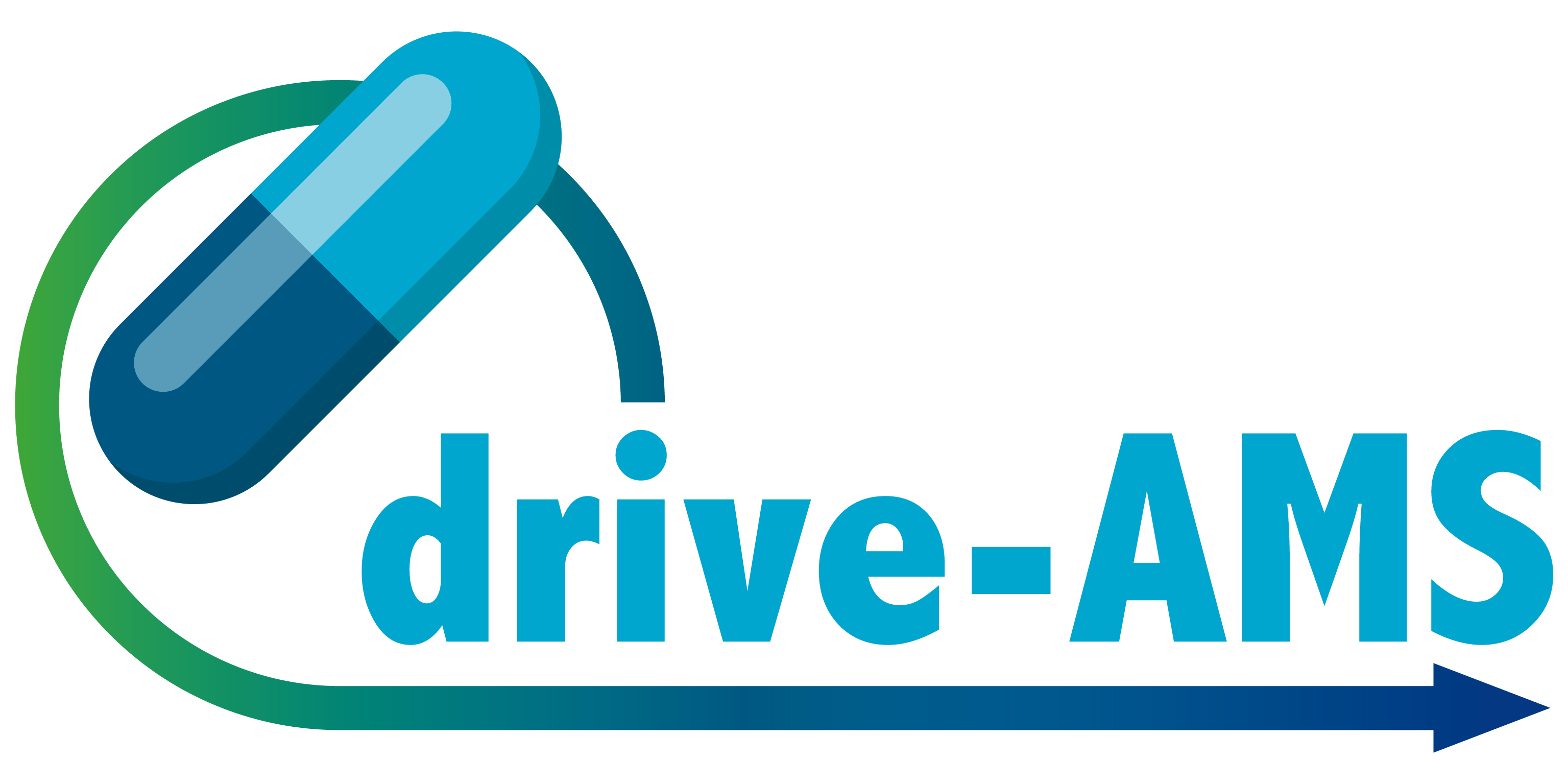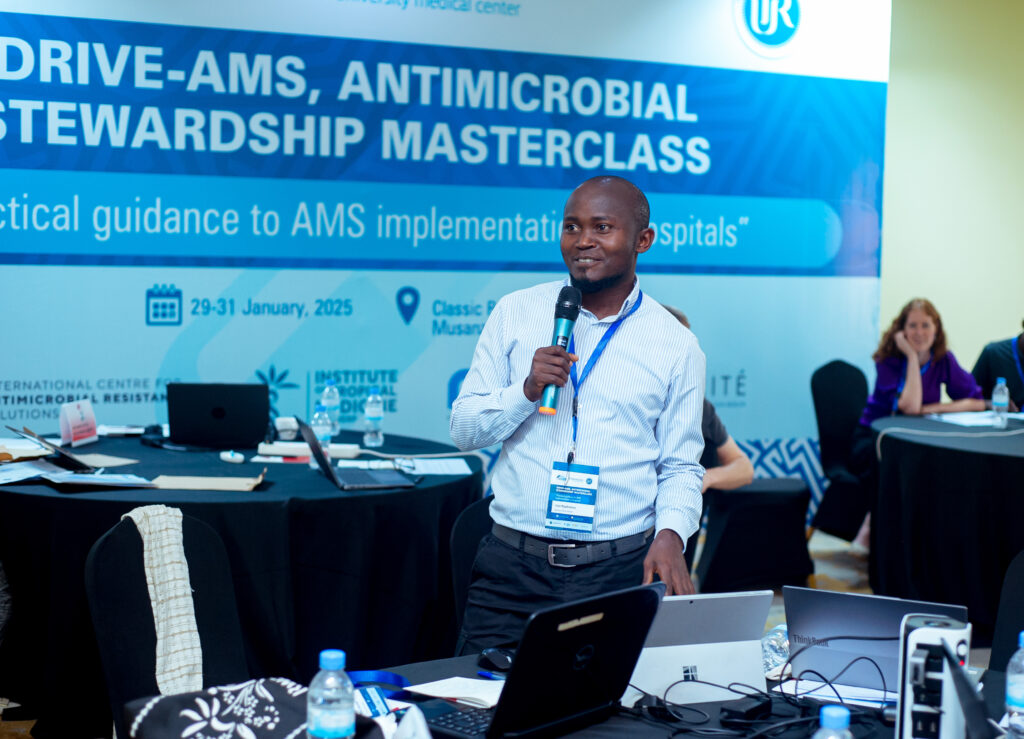The course was designed to equip participants with the knowledge and tools to address antimicrobial prescribing challenges in their own facilities. By the end of the event, each team had successfully developed and presented an intervention project aimed at improving antibiotic prescribing practices.
Organized in close collaboration with the University of Rwanda, the Rwanda Biomedical Centre, the Institute of Tropical Medicine in Antwerp, and Charité Universitätsmedizin Berlin, the course welcomed 27 participants from nine different healthcare facilities.
Day one focused on the requirements of antimicrobial stewardship programs (ASPs), and included presentations on the landscape of AMR in Rwanda and East Africa. Day two focused on operationalising quantity and quality indicators for the appropriate use of antimicrobials and an introduction to Global-PPS. The teams also worked on applying the theory to their own AMS implementation issues. Everything came together on the final day, during which all teams presented their behaviour change approach to improve antibiotic use in their facility.
"I appreciated the course organization and the content .This course will empower the AMS team in our hospital."
Course participant
“The course opened my eyes to how to advocate for topics related to AMR clinical research and collaboration with the national pharmacovigilance program.”
Course participant
Participants enjoyed the brainstorming sessions and workshops, and it was clear that teams were enthusiastic to start implementation once they are back in their facilities. Follow-up support will continue over the coming months, with experts from the SPICE program providing guidance and assistance as teams implement their AMS strategies.

